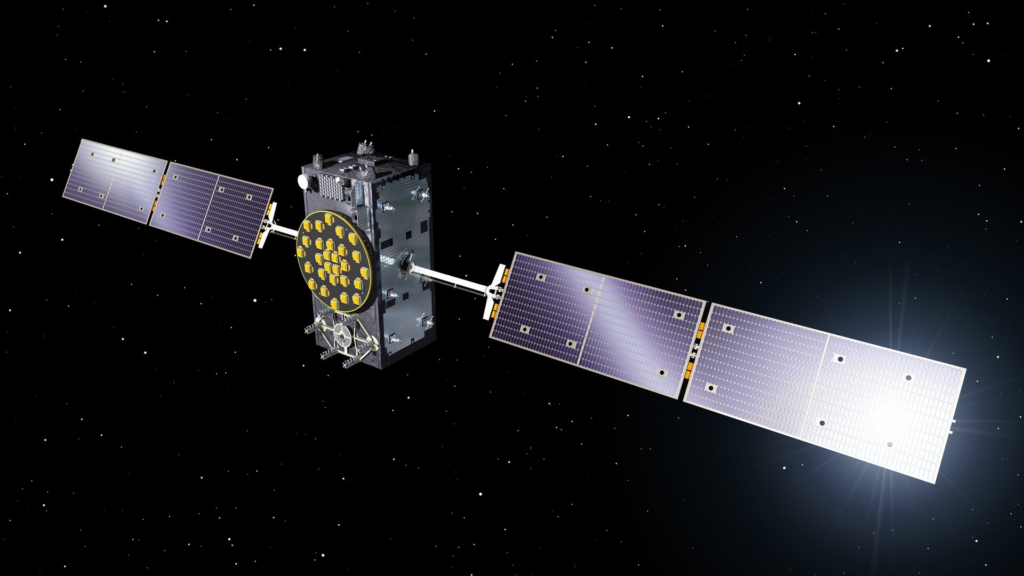Introduction

Galileo Galilei, a name synonymous with scientific revolution and celestial exploration, left an indelible mark on the annals of history. In this article, we will delve into the life, contributions, and lasting legacy of this extraordinary Italian scientist who forever changed our understanding of the cosmos.
Early Life and Education
Galileo Galilei was born on February 15, 1564, in Pisa, Italy. He hailed from a family of musicians, but his aptitude for mathematics and natural philosophy was evident from a young age.
Childhood Curiosity
Even as a child, Galileo displayed an insatiable curiosity about the world around him. He was known to question the mechanics of everyday objects and was fascinated by the movements of pendulums and falling objects.
The Telescope: A Revolutionary Invention
In 1609, Galileo designed and built a telescope that would forever change the course of astronomy. This groundbreaking instrument allowed him to make several groundbreaking observations.
Lunar Studies
One of Galileo’s earliest telescopic observations was of the Moon’s surface. He discovered that the Moon had mountains, valleys, and craters, dispelling the previously held belief that the celestial bodies were perfect spheres.
The Jovian System
Galileo turned his telescope towards Jupiter and made a startling discovery: four moons orbiting the gas giant. These celestial bodies, now known as the Galilean moons, provided further evidence that not everything in the universe revolved around Earth.
The Heliocentric Controversy
Galileo’s support for the heliocentric model, proposed by Nicolaus Copernicus, put him at odds with the prevailing geocentric view endorsed by the Catholic Church.
The Trial and Inquisition
In 1633, Galileo faced the Roman Catholic Church’s Inquisition for his writings supporting the heliocentric model. He was found guilty of heresy and spent the remainder of his life under house arrest.
Legacy and Impact
Despite the challenges he faced, Galileo’s work paved the way for future scientific discoveries and the eventual acceptance of the heliocentric model. His legacy endures in many ways.
Influence on Modern Astronomy
Galileo’s telescopic observations laid the foundation for modern astronomy. His precise measurements and recorded observations became the gold standard for future astronomers.
Scientific Methodology
Galileo’s commitment to empirical evidence and experimentation helped establish the scientific method as we know it today. His approach to inquiry and evidence-based conclusions remains a cornerstone of scientific practice.
Conclusion
In the annals of scientific history, few individuals have had as profound an impact as Galileo Galilei. His relentless pursuit of knowledge, groundbreaking observations, and willingness to challenge prevailing dogma changed the way we perceive the universe.
